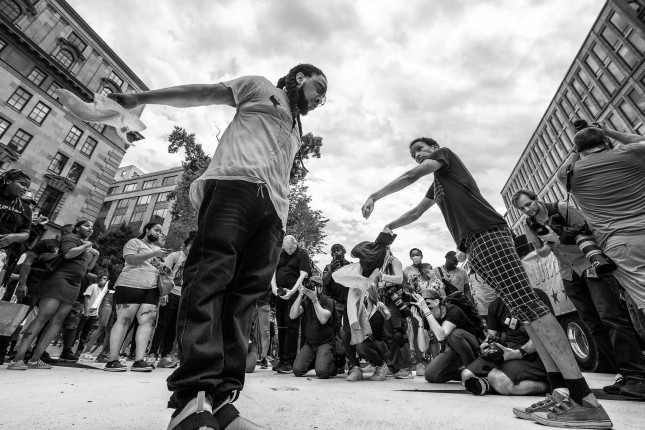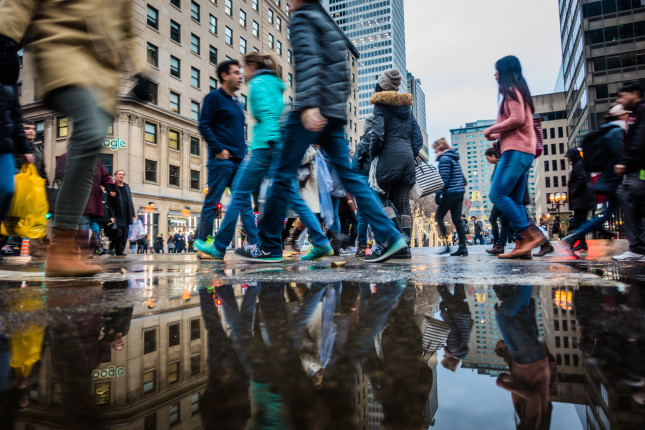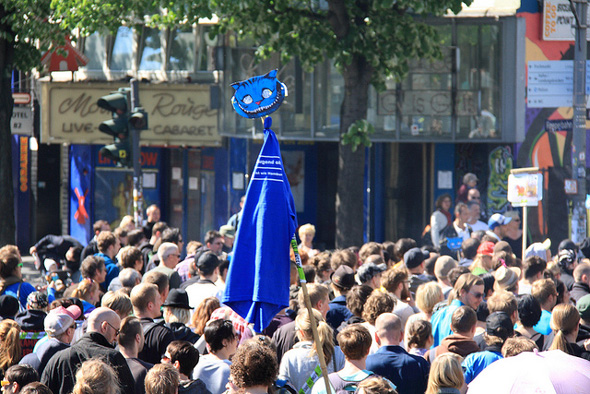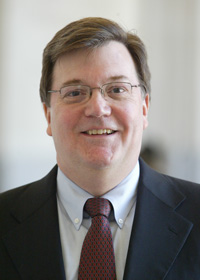-
Reclaiming Community Identity through Opera: Voices of Zion
›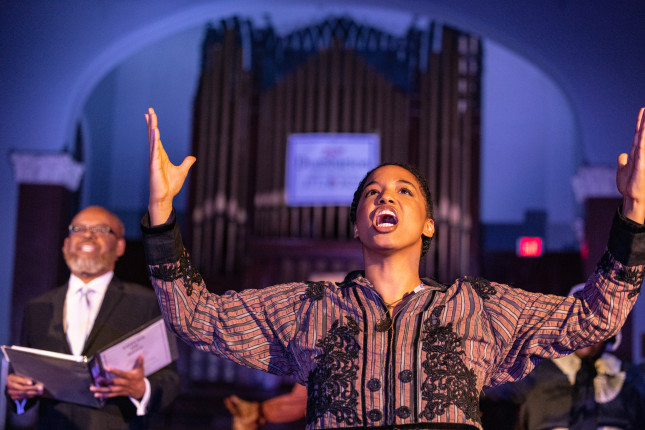 Community resilience rests on shared experience and history. And while lectures, historic markers, and walking tours commemorate what has come before, only the arts can bring those events—and the people who made them happen—back to life.
Community resilience rests on shared experience and history. And while lectures, historic markers, and walking tours commemorate what has come before, only the arts can bring those events—and the people who made them happen—back to life. -
#DontMuteDC: Go-Go and Social Justice in the District of Columbia
›
In April 2022, as Washington awoke from its COVID slumber, The Kennedy Center turned to long-time community activist Ron Moten to organize a tribute to the city’s endemic sound, Go-Go. Moten has fought numerous battles against gentrification, displacement, and for social justice. He learned over the years that the loss of distinctive cultures stands at the heart of the dislocations occurring in cities across the nation. This embrace led to the establishment three years ago of a particularly potent urban social action group, #DontMuteDC. That movement’s story offers several important lessons about the power of the arts to mobilize support for social change.
-
Why Cities Matter
›
Do you remember a year ago when many of us traveled regularly? Do you remember the experience of flying into a major city somewhere in the world, picking up your bags in a modern airport (that probably functioned more efficiently than in the United States), and getting a vehicle to take you downtown? After leaving the airport, we would often drive past miles of informal settlements—self-built shelters unkindly called “slums” much of the time. We may have even found ourselves asking why local authorities “don’t do something” about them.
-
The Challenges of the 21st-Century City (Policy Brief)
›The Wilson Center Policy Briefs are a series of short analyses of critical global issues facing the next administration that will run until inauguration day.
We live in a world that is different from that inhabited by our ancestors in many profound ways. Among the most important changes is that, for the first time, almost half of the world’s people live in cities. According to the United Nations, in 2008 the global urban population surpassed half of the world’s population of 6.7 billion compared with 13 percent a century ago and 3 percent a century before that. This trend will require profound changes in the way the U.S. government addresses everything from development policy to international security.
-
As Urbanization Accelerates, Policymakers Face Integration Hurdles
›August 31, 2012 // By Blair A. Ruble
The challenges for cities in the coming century will be many, but accounting for swelling numbers of new residents – due to more open avenues of communication and flows of goods, economic opportunity, population growth, and potential climate change-induced displacement – is perhaps the biggest.
-
New Wilson Center Initiative on Global Sustainability and Resilience
›August 20, 2012 // By Blair A. Ruble
We live in an era when the pace and scope of global change – including forces such as population growth, resource scarcity, urbanization, migration, and economic development – increasingly impact all of us as individuals, from our health and security to our environment and economic well-being. This complex web of the global and local has led the Wilson Center to create a new initiative focusing on global sustainability and resilience.
Following on the news that long-time ECSP Director Geoff Dabelko is moving on to a well-deserved post directing environmental studies at Ohio University’s Voinovich School of Leadership and Public Affairs, I am thrilled to announce that I will direct a new Wilson Center initiative on global sustainability and resilience, which will combine the ongoing efforts of the Environmental Change and Security Program, Global Health Initiative, China Environment Forum, and Comparative Urban Studies Project. This new initiative will integrate and build upon their already substantial contributions to the field.
Showing posts by Blair A. Ruble.


